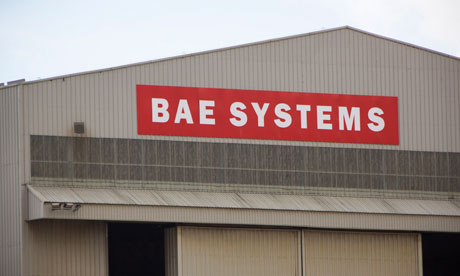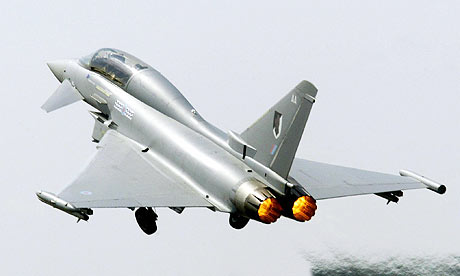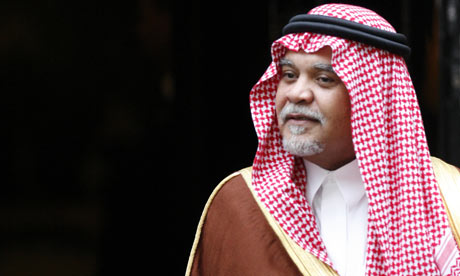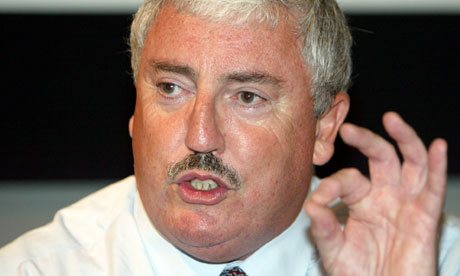Rutashubanyuma
JF-Expert Member
- Sep 24, 2010
- 219,470
- 911,173
katika hali inayoshangaza Mwanasheria Mkuu wa zamani Bw. Andrew Chenge amejisafisha kuwa yu safi kwa kutumia hukumu ambayo yeye wala hakuwa mshitakiwa ila alikuwa ni shahidi ambaye hata hakuhojiwa..........................hivi ni sahihi kwa Chenge kujisafisha wakati BAe sys tayari walikwisha kukiri ufisadi na kuomba wahukumiwe kwa makosa madogo madogo ili kulinda ajira za UK zisiharibike......................hata Jaji kwenye kesi hiyo alighafilika na makubaliano kati ya wachunguzi na BAE sys........................................
Mr. Chenge kwa vile adai ni Mkristu ninamshauri asome PROVERBS 13: 3 "He who guards his mouth preserves his life, but he who opens wide his lips shall have destruction."
Mr. Chenge kwa vile adai ni Mkristu ninamshauri asome PROVERBS 13: 3 "He who guards his mouth preserves his life, but he who opens wide his lips shall have destruction."

















